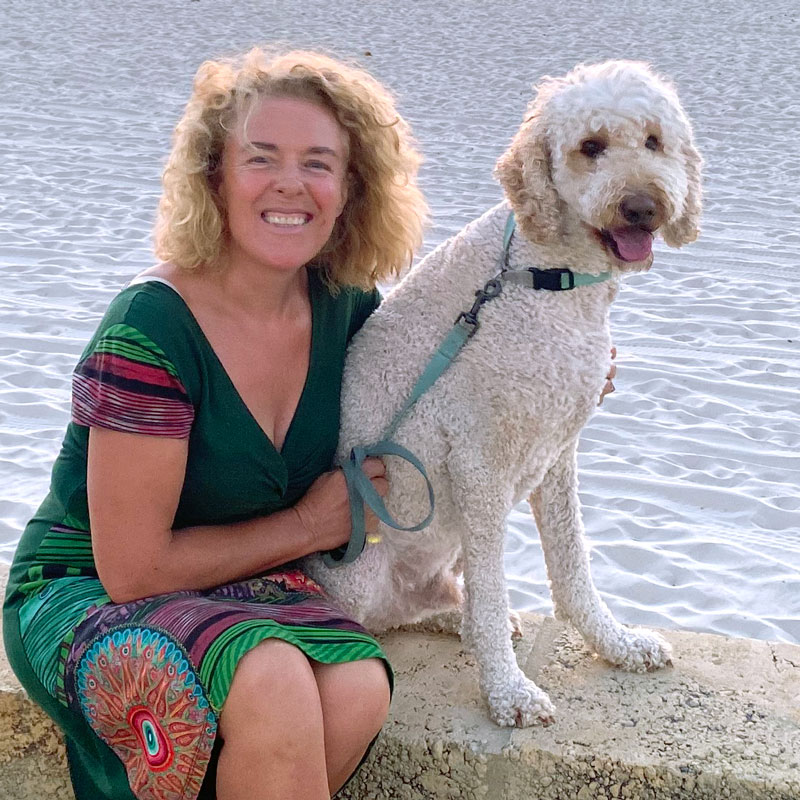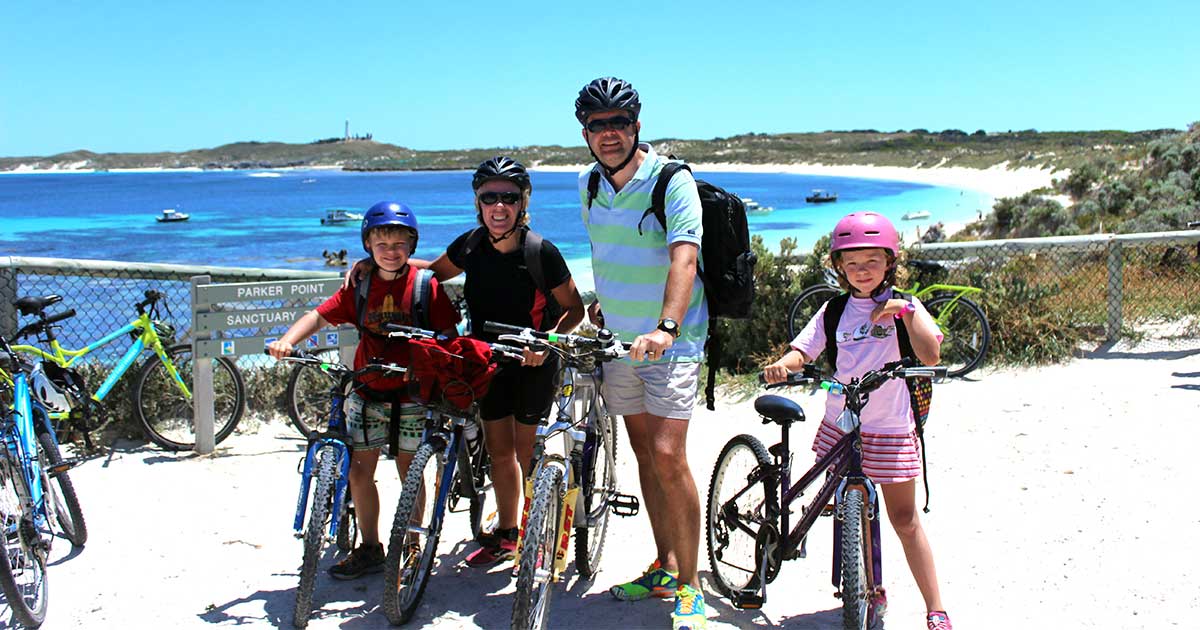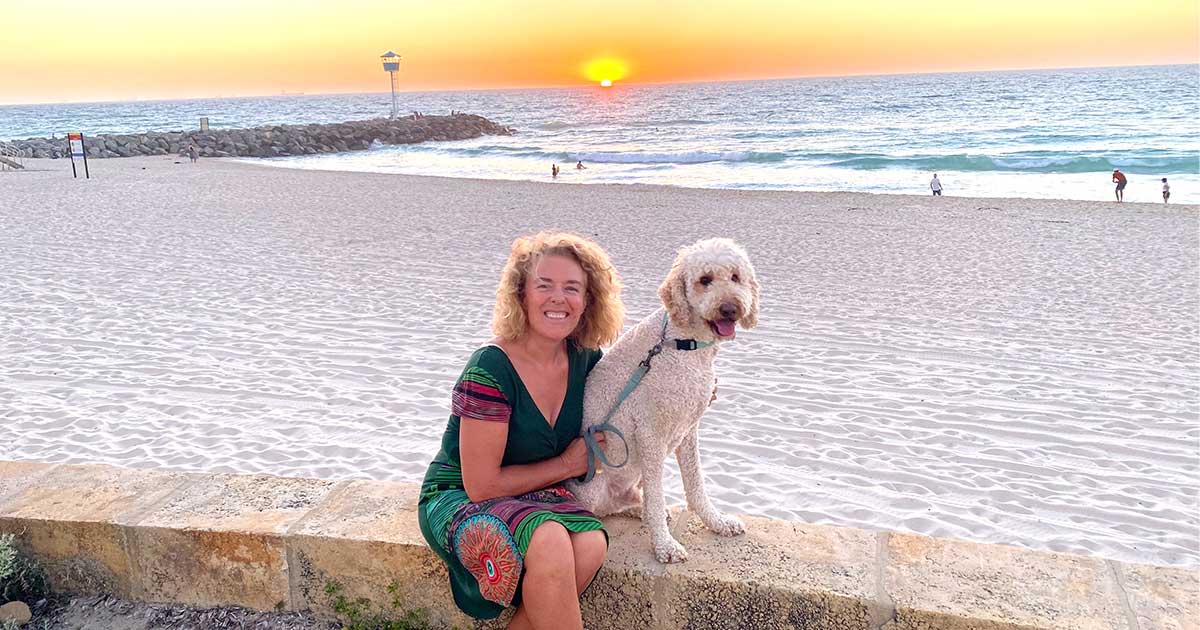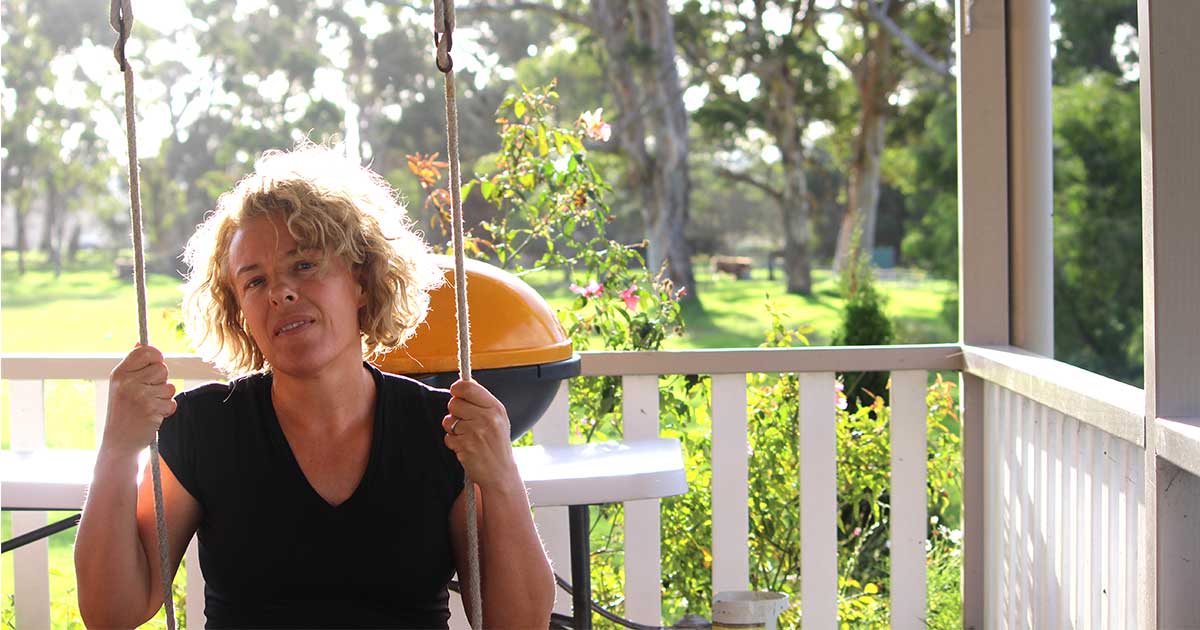EMBRACING SOBER LIVING
From my heart to your heart, helping people overcome addiction through my writing and counselling
This website was born out of my own experience with alcohol and cannabis addiction and out of a desire to help and encourage people who might feel as lost as I did during my days of addiction. I know that we can recover, and we can go on to live the lives we always wanted for ourselves but never believed was possible. I cover topics that I hope will inspire you and enhance your journey to sobriety.
To readers of my blog, I aim to provide you with a place where you can feel valued by inviting you to share your journey too. I am open to ideas and happy to cover any topics that may interest you, so please feel free to share your experience and thoughts with me. I also welcome guest writers who wish to share their stories with my readers.
I hope you find a message that resonates with you here and look forward to hearing about it.
Hello I’m Gill Kenny
I’m an Irish mum-of-two living in Australia with my family that includes a gorgeous curly dog, George the Groodle. Having discovered the freedom and joy that living a sober life brings, I now dedicate my time to helping others to make the same discovery through counselling, my blogs and my book which is coming soon. It took me a long time, but I eventually recovered the person I was always meant to be … a better mother, a more loving wife, a valued friend, an inspired writer, a compassionate counsellor and someone who revels in the awe of nature.



